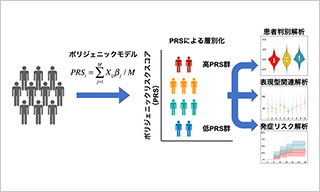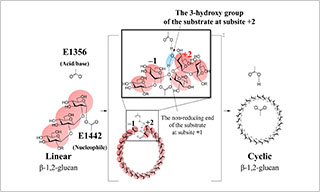Sep 17 2021
A research team led by Associate Professor DOMON Hisanori and Professor TERAO Yutaka in the Division of Microbiology and Infectious Diseases, Niigata University Graduate School of Medical and Dental Sciences, discovered that clarithromycin, a macrolide antibiotics*, suppresses the release of pneumococcal toxins and would prevent the aggravation of pneumonia. The team aims to develop new therapeutic agents for pneumonia based on this research. The results of this research were published electronically on September 1, 2021 in Microbiology Spectrum, the American Society for Microbiology journal.
* Macrolide antibiotics: An antibacterial drug due to suppressing bacterial protein synthesis
Journal: Microbiology Spectrum
Title: Clarithromycin Inhibits Pneumolysin Production via Downregulation of ply Gene Transcription despite Autolysis Activation
Authors: Hisanori Domon, Toshihito Isono, Takumi Hiyoshi, Hikaru Tamura, Karin Sasagawa, Tomoki Maekawa, Satoru Hirayama, Katsunori Yanagihara, Yutaka Terao
DOI: 10.1128/Spectrum.00318-21

Polygenic effects on the risk of Alzheimer's disease in the Japanese population

Trends in the incidence of renal replacement therapy due to rapidly progressive glomerulonephritis in Japan, 2006–2021

Uncovering The Cyclization Mechanism of Cyclic β-1,2-Glucan Synthase